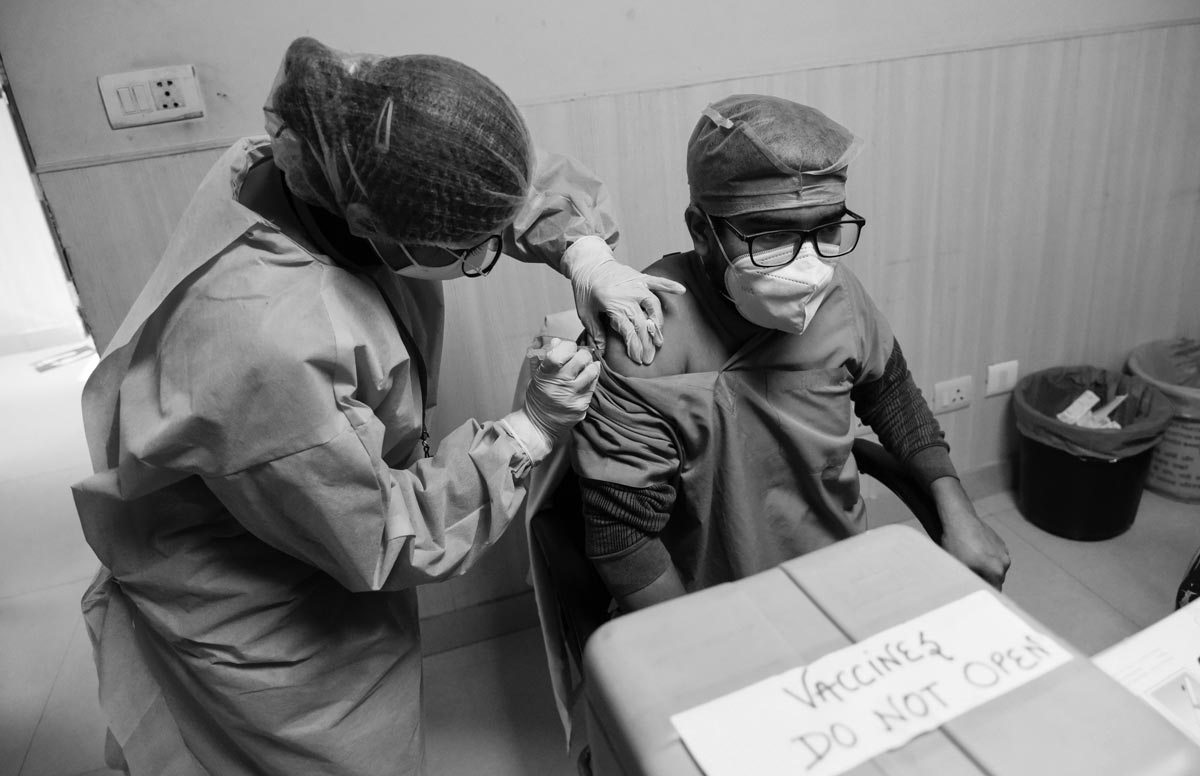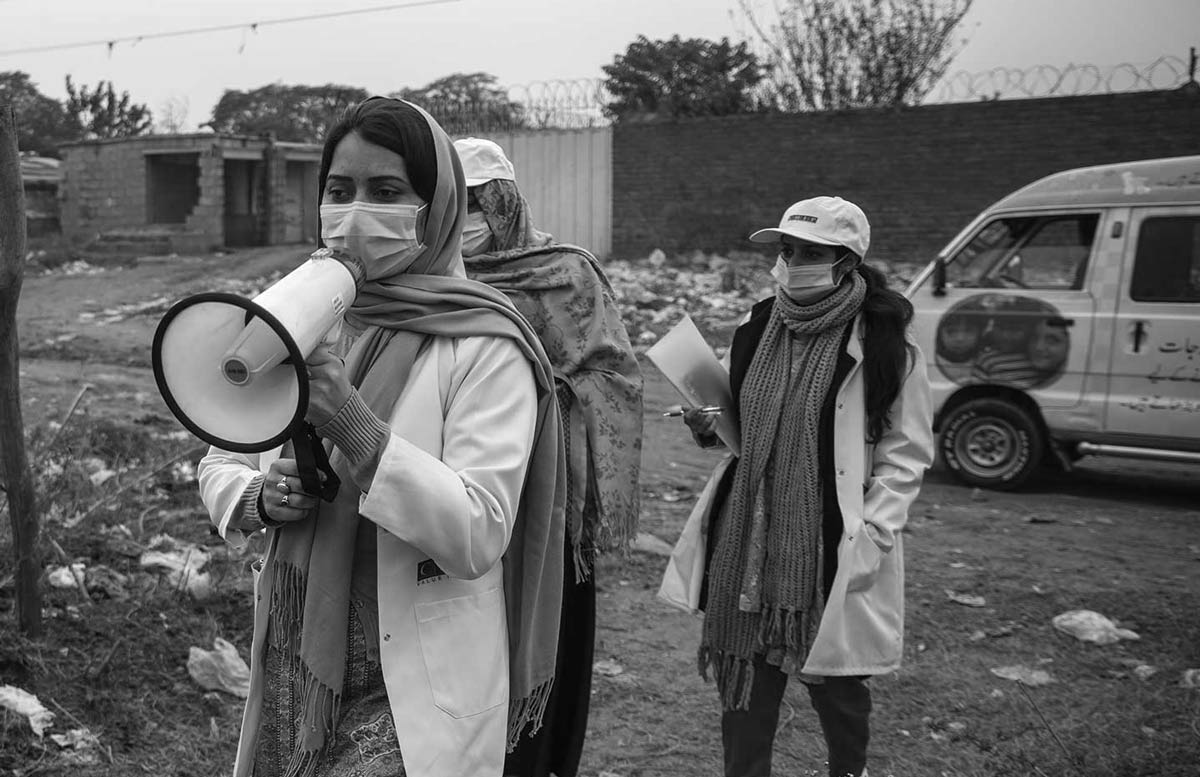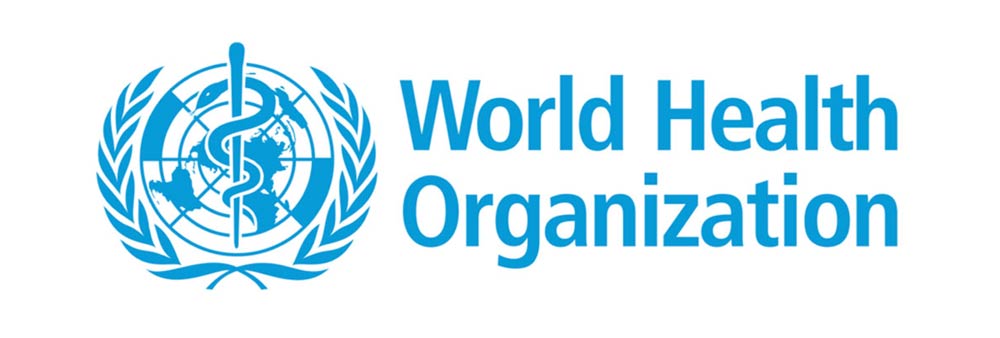COVID-19 vaccines: everything you need to know
Now that COVID-19 vaccines have reached billions of people worldwide, the evidence is overwhelming that no matter which one you take, the vaccines offer life-saving protection against a disease that has killed millions. The pandemic is far from over, and they are our best bet of staying safe.

Frequently asked questions about COVID-19 vaccines
What are the different types of COVID-19 vaccines?
There are four types of vaccines in clinical trials: whole virus, protein subunit, viral vector and nucleic acid (RNA and DNA), each of which protects people, but by producing immunity in a slightly different way.
How safe are COVID-19 vaccines?
Despite the record speed at which they have been developed, COVID-19 vaccines have still been subject to the same checks, balances, and scientific and regulatory rigour as any other vaccine, and shown to be safe.
How did we get COVID-19 vaccines so quickly?
An unprecedented combination of political will, global collaboration and funding have enabled the rapid development of COVID-19 vaccines, without compromising vaccine safety.
Why are fully vaccinated people still catching COVID-19?
No vaccine is perfect, so “breakthrough infections”, where people get sick with an infection even after vaccination, are to be expected with any disease. But just how common are they when it comes to COVID-19, and what should you expect if you test positive for SARS-CoV-2 after being fully vaccinated?
Do kids need a COVID-19 vaccine?
New variants have evolved that seem to be able to affect children more, with low- and middle-income countries worst affected. New research is showing vaccines can be effective in children, but they remain at relatively low risk of the disease. While millions of vulnerable people in low- and middle-income countries have yet to have a single dose, it’s vital that they remain priorities for vaccine rollouts.
Can antibody tests show if a COVID-19 vaccine is working?
Many COVID-19 antibody tests are not designed to specifically detect antibodies that develop as a result of vaccination, and thus cannot show whether antibodies are of the right quantity or quality for protection against infection or illness.
If I’ve had COVID-19, do I really need the vaccine?
Vaccines mimic our body’s natural response to infection. However while a previous infection does give you some immunity against COVID-19, vaccination gives your body a massive immune boost – including against new variants.
Do we need booster doses?
A number of wealthy nations have decided to press ahead with plans to administer COVID-19 vaccine boosters in the coming months, yet with so many in under-resourced countries still without vaccines, we should be prioritising vaccinating all adults first.
Do COVID-19 vaccines affect fertility or periods?
Anecdotal evidence suggests the vaccine could temporarily affect menstruation, but the effects are short-lived and scientists say there is no evidence that vaccines affect fertility.
What is the link between COVID-19 vaccines and myocarditis?
Countries that are now vaccinating adolescents and young adults have seen an unexpected, though very rare, side-effect: heart inflammation.
Key partners:

In collaboration with:


Share the facts
We all need information that can be trusted. Misinformation and false claims threaten to undermine the success of vaccines and put people's lives at risk.
Help us to increase the amount of fact-based, accurate content by sharing the digital content below from our partners.







